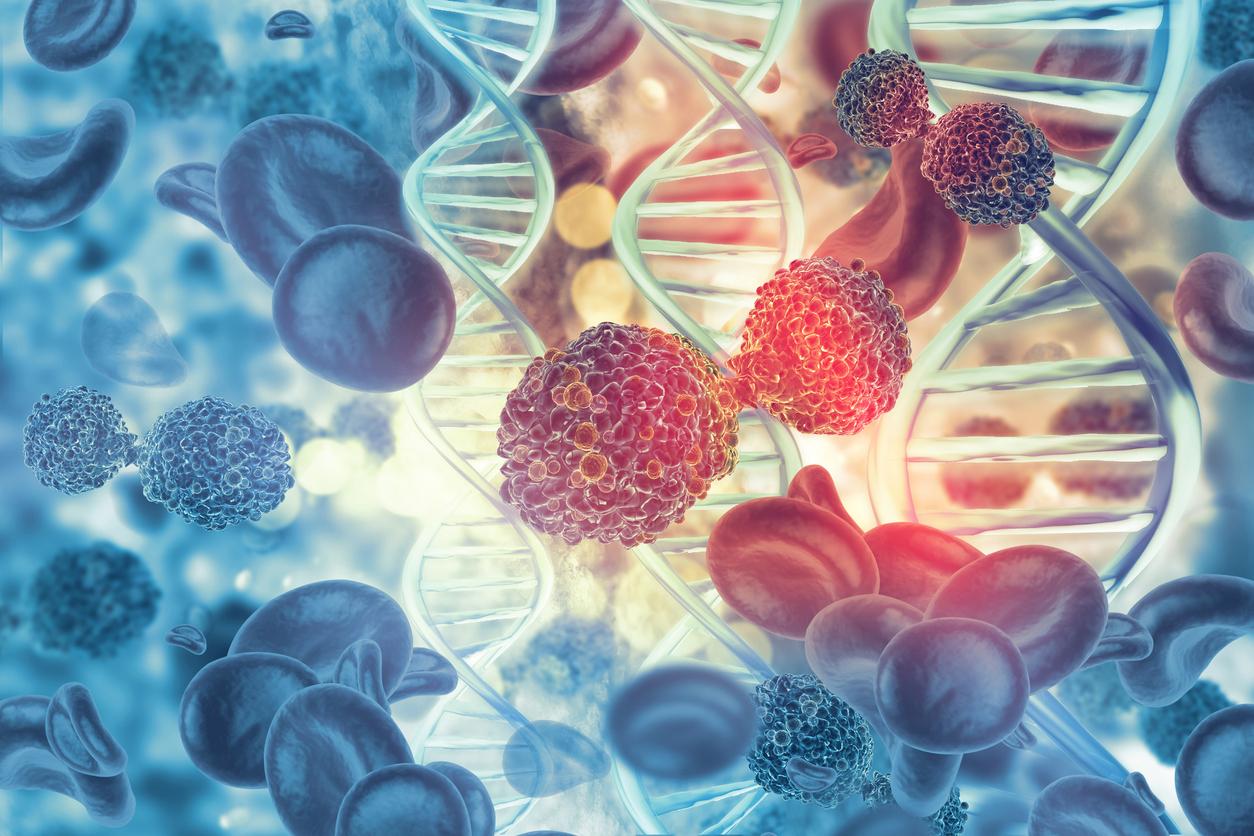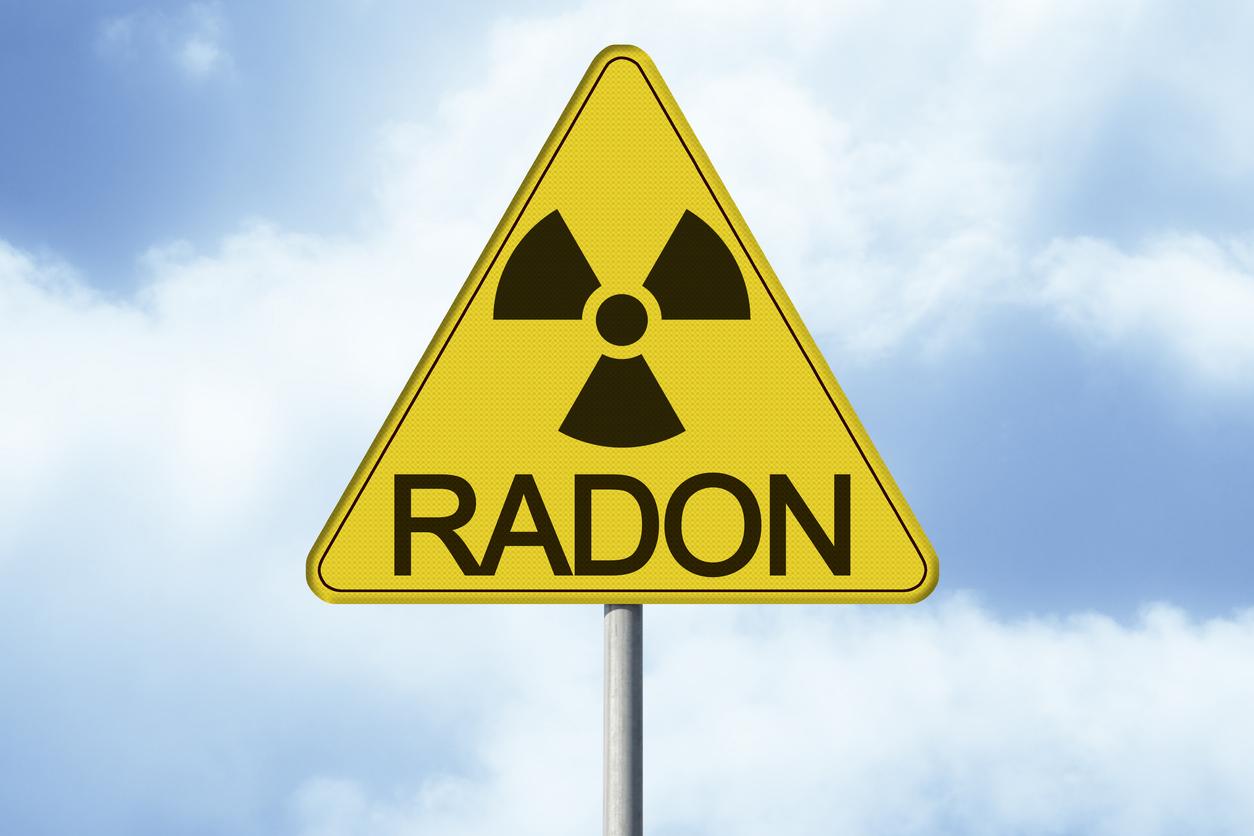While working on the treatment of leukemia, a team from the Inserm unit of the Henri Mondor Institute for Biomedical Research in Créteil discovered the keys to the regulation of the immune system, which makes it possible to stimulate the action of T lymphocytes and probably to accelerate the elimination of cancerous cells.
Researchers have discovered the immune response switch
Researchers were working on the complications of blood cell transplants performed in patients with leukemia. This complication is due to the attack of the cells of the recipient by overactive T lymphocytes present in the graft. However, the researchers realized that the presence of certain regulatory cells, whose role is to slow down the immune response, limited this phenomenon.
Their experiments ended up highlighting a sort of immune response switch (called TNFR 2). In the “on” position it slows down this immune response, in the “off” position it stimulates it.
The team has already filed a patent to protect the use of this receptor in the context of post-transplant leukemia relapses.
The idea is now to develop an anti-human TNFR2 antibody and then to test this therapeutic strategy in so-called “humanized” mice. If the results are conclusive, clinical trials will be conducted. At the same time, this therapeutic strategy will also be tested for other types of cancer.
Read also :
Leukemia: experimental treatment sends patients into remission
Blood cancers: they can be diagnosed more quickly
















